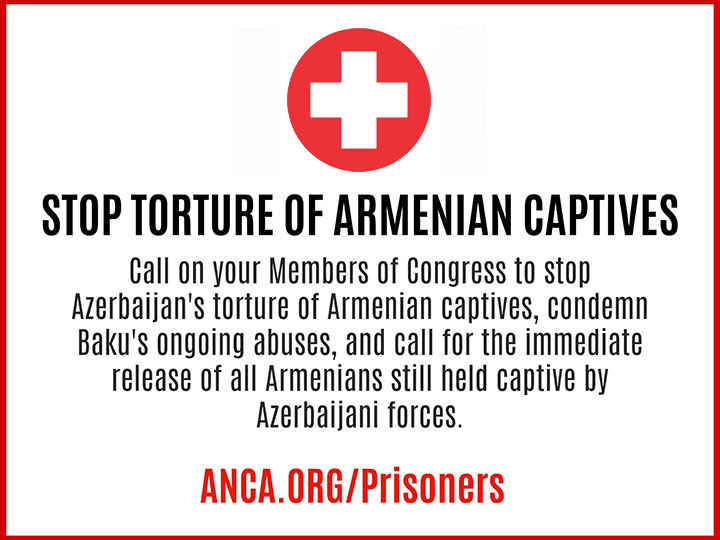Statement on the De-Occupation of Artsakh
(Nagorno Karabakh) Territories
Americans for Artsakh condemn Azerbaijan’s attack on Artsakh in September 2020 and call for the international community to apply all pressure on Azerbaijan to withdraw its military forces from the occupied territories of the Republic.
Azerbaijan’s full-scale military aggression against the people of the democratic Republic of Artsakh is a war crime that contains elements of the crime of genocide.
Azerbaijan’s chosen method of warfare was to bomb civilian infrastructure, targeting hospitals, schools, and other civilian areas. In attacking the peaceful population of Artsakh, Azerbaijan crudely violated international humanitarian law, in particular – the Fourth Geneva Convention, also known as the Geneva Convention relative to Protection of Civilian Persons in Time of War.
The aggressors used incendiary white phosphorus bombs and cluster bombs on civilian targets, as well as other internationally-banned weapons across the Republic. Both before, during, and after the war, Azerbaijan promoted anti-Armenian racism to legitimize these barbaric atrocities.
The Republic of Turkey directly and admittedly participated in the hostilities, on the side of Azerbaijan. Turkey’s high-ranking military officers provided full command and control of the attacking forces. Turkey also hired and transported to Azerbaijan thousands of Islamist terrorist fighters from the Middle East to support the invasion. This fact was officially confirmed by the three co-chairing states of the OSCE Minsk Group (France, Russia and USA), as well as by other countries and numerous international media outlets and human rights NGOs.
As a result of this aggression, hundreds of towns and rural settlements of the Republic of Artsakh came under military occupation. Tens of thousands of people were forced out of their homes. Dozens of settlements were burned and ransacked.
Nearly one thousand Armenian cultural and religious monuments are coming now under the threat of ISIS-style destruction. Many historic churches, like the Cathedral of Holy Savior – the world’s largest Armenian church – and the Green Church in the city of Shushi, have been demonstratively desecrated and vandalized. At the very same time, Azerbaijan continues sabotaging UNESCO’s planned visit to Artsakh’s occupied territories to help rescue this unique part of the global cultural heritage from obliteration. In an instructive example of Azerbaijan’s analogous misdeeds before the war, Baku failed to allow consequent U.S. Ambassadors to visit the world’s largest cluster of Armenian medieval cross-stones (khachkars) located near the town of Julfa (Jugha) in Nakhichevan. The entire collection of thousands of Julfa’s khachkars was eventually demolished by 2005.
The de-occupation of Artsakh territories, return of Armenian refugees to their homes and the protection of Armenian cultural heritage on occupied territories remain a prerequisite for peace and security in the region.
We believe that recognizing the inherent dignity and equality of all mankind are universal values and the foundation of freedom, justice and peace in the world.
Americans for Artsakh see the above issues as essential to a constructive engagement by the United States as a co-Chair of the OSCE Minsk Group. Liberation of the occupied territories of the Republic of Artsakh and return of people to their homes is a necessary component of the US vision of a peaceful and prosperous South Caucasus.
American for Artsakh, Inc. is a non-profit organization (501 c3), registered in Washington, D.C. The organization is working to bring together American supporters of the international recognition of the sovereignty of the Republic of Artsakh, and to channel the energy and expertise of Armenian American professionals into practical ways to support the people of Artsakh in their democratic aspirations.
Support ANCA Actions Alert:
Stop Torture of Armenian Captives by Azerbaijan Contact your Senators and Representative now and urge them to take immediate action to stop the torture of Armenian captives


